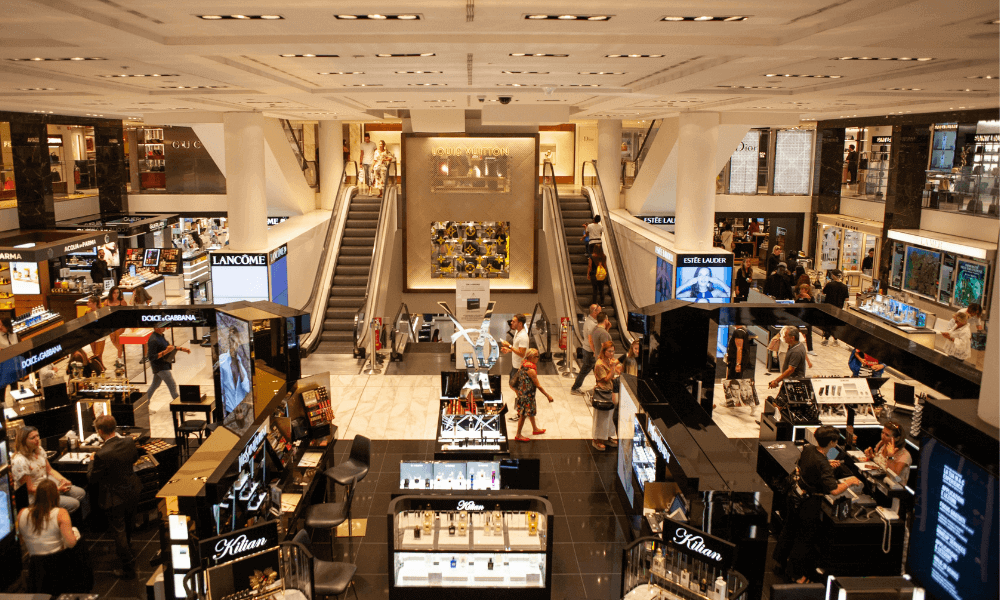
The Significance of Energy Efficiency and Cooling Solutions for Sustainable Buildings
As global energy demand continues to rise, energy efficiency in buildings has become a critical consideration for sustainable development. This article explores the significance of energy-efficient practices and cooling solutions in reducing energy consumption. By adopting these measures, we can mitigate environmental impacts, save costs, and create more comfortable and productive living and working spaces.
Importance of Energy Efficiency in Buildings:
1. Environmental Benefits: The building sector accounts for a significant portion of global energy consumption and greenhouse gas emissions. Embracing energy-efficient practices reduces the carbon footprint, decreases air and water pollution, and helps protect natural ecosystems. By minimizing environmental impacts, we contribute to preserving biodiversity and ensuring a sustainable future for generations to come.
2. Cost Savings: Energy-efficient buildings not only lower utility bills for occupants but also reduce operational expenses for building owners and managers. The initial investment in energy-efficient technologies and upgrades is often offset by long-term savings in energy costs. Additionally, governments and organizations offer incentives and rebates to promote energy efficiency, further enhancing financial benefits.
3. Resource Conservation: As energy demand continues to increase globally, adopting energy-efficient measures helps conserve valuable natural resources, including fossil fuels and water. By optimizing energy consumption, we reduce the strain on power generation and distribution infrastructure, ensuring a stable energy supply and minimizing the need for additional resource extraction.
4. Enhanced Comfort and Well-Being: Energy-efficient buildings prioritize occupant comfort and well-being. Features like proper insulation, high-performance windows, and effective shading improve indoor air quality, maintain consistent temperatures, and provide ample natural light. These factors positively impact occupants' health, productivity, and overall satisfaction with their living or working environment.
5. Global Sustainability Goals: Energy efficiency aligns with several of the United Nations Sustainable Development Goals (SDGs). By promoting energy-efficient practices, we directly contribute to Goal 7 (Affordable and Clean Energy), Goal 11 (Sustainable Cities and Communities), and Goal 13 (Climate Action). Achieving these goals is essential for a sustainable and equitable future.
Cooling Energy Solutions for Reduced Consumption:
1. Advanced Cooling Systems: Energy-efficient air conditioning and cooling systems utilize innovative technologies, such as variable refrigerant flow (VRF) and high-efficiency compressors. These systems adjust cooling output based on real-time demand, minimizing energy waste and providing precise temperature control.
2. Smart Building Automation: Building automation and controls offer a holistic approach to energy management. These systems integrate with lighting, HVAC, and other building systems to optimize energy use. Smart sensors monitor occupancy, temperature, and weather conditions, allowing for automated adjustments to cooling and heating settings.
3. Passive Cooling Techniques: Passive cooling techniques capitalize on natural elements to regulate indoor temperatures without relying heavily on mechanical cooling. Design strategies like cross-ventilation, thermal mass utilization, and effective building orientation help maintain comfortable indoor conditions while reducing the need for active cooling.
4. Renewable Energy Integration: Combining cooling systems with renewable energy sources, such as solar panels or geothermal heat pumps, maximizes energy efficiency. During sunny periods, solar-powered cooling can supplement or even replace traditional electricity-dependent cooling systems, lowering energy consumption.
5. Proper Maintenance: Regular maintenance is crucial for keeping cooling systems operating at peak efficiency. Timely servicing, filter replacements, and system cleaning prevent energy wastage due to equipment inefficiencies, ensuring optimal performance and extending the lifespan of cooling equipment.
Conclusion:
Energy efficiency and cooling solutions are pivotal in achieving sustainable development worldwide. By embracing these practices, we address environmental challenges, promote financial savings, and enhance the quality of life for building occupants. From reducing carbon emissions to optimizing energy use, the combination of energy-efficient buildings and cooling technologies plays a critical role in building a greener, more resilient future for our planet.
#EnergyEfficiency #SustainableLiving #GreenBuildings #CoolingTechnology #ClimateAction